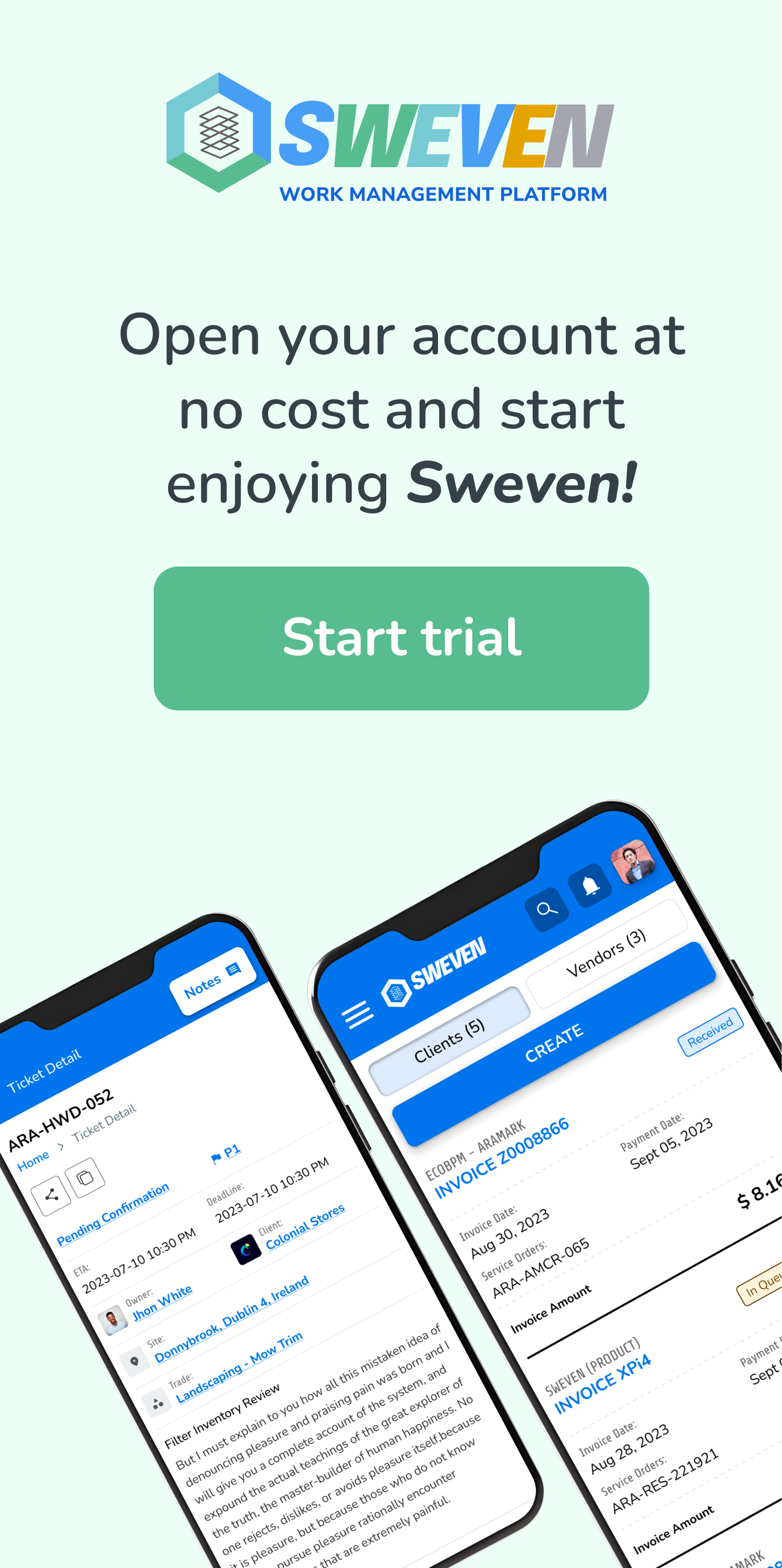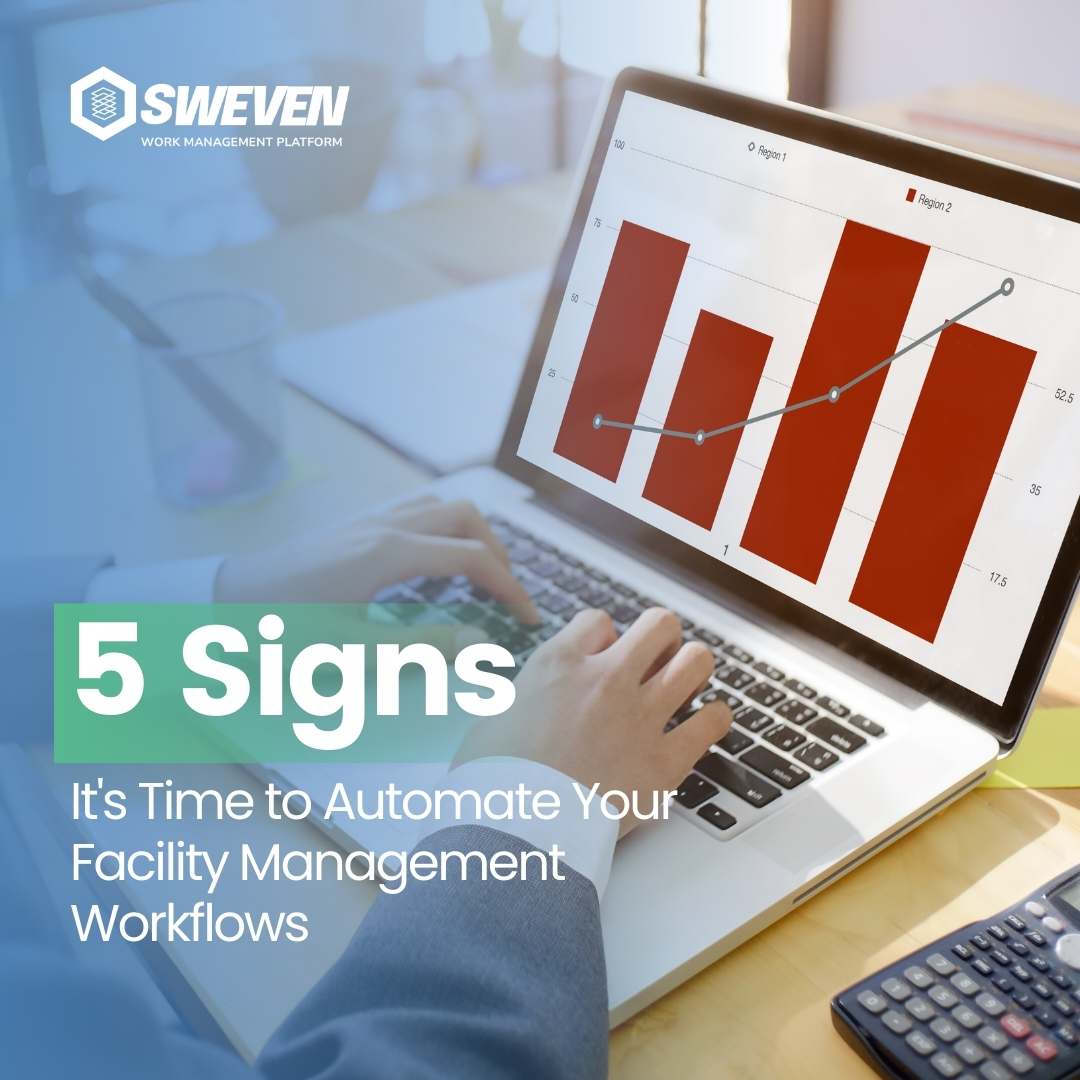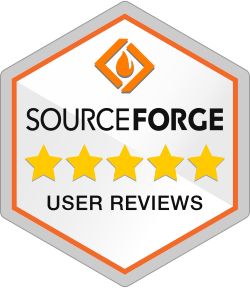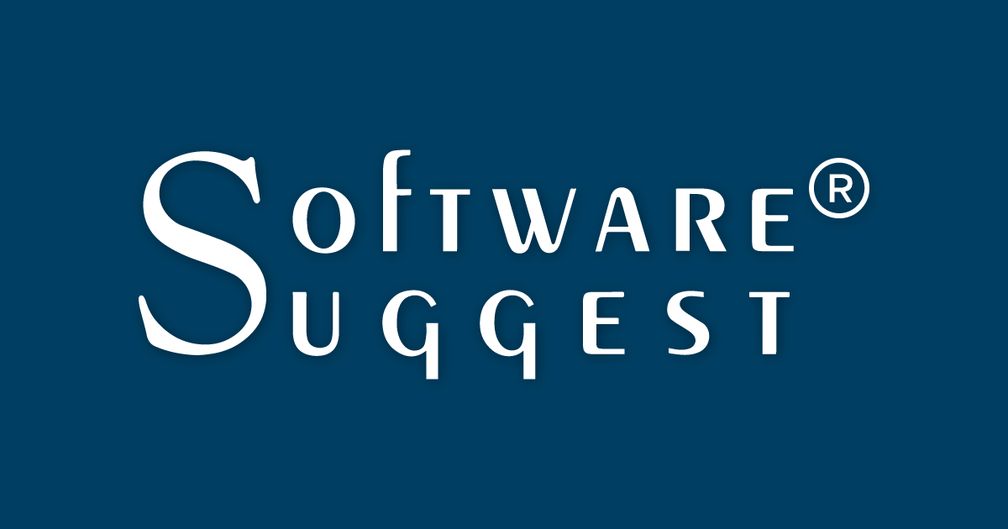Introduction:
In the complex landscape of business operations, the selection of reliable vendors and the management of multiple relationships are pivotal tasks that can significantly impact an organization’s success. To overcome difficulties in these areas, it is essential to establish robust processes and adopt strategic approaches. In this blog, we will explore key strategies to enhance vendor selection, minimize risks, and efficiently manage multiple vendor relationships.
Establishing a Robust Vendor Selection Process:
A solid foundation for vendor management begins with a robust vendor selection process. Organizations should define stringent criteria aligned with their business goals and values. This involves not only evaluating the vendor’s capabilities but also assessing their financial stability, industry reputation, and compliance with regulatory requirements. Establishing clear benchmarks ensures that only reliable vendors who meet predefined standards are considered.

Utilizing Data-Driven Evaluations and Thorough Background Checks:
Data-driven evaluations provide organizations with valuable insights into a vendor’s performance and capabilities. By leveraging data analytics, organizations can make informed decisions based on objective criteria. Additionally, conducting thorough background checks is crucial for verifying a vendor’s track record, financial health, and adherence to ethical business practices. A comprehensive due diligence process reduces the likelihood of engaging with unreliable partners and mitigates potential risks.
Prioritizing Vendor Reputation:
Vendor reputation is a critical factor in the selection process. Organizations should prioritize working with vendors who have a positive track record in the industry. Client testimonials, case studies, and industry recognition provide valuable insights into a vendor’s past performance and their ability to deliver on promises. A vendor with a strong reputation is more likely to align with the organization’s values and contribute positively to its success.

Implementing a Centralized Vendor Management System:
Efficiently managing multiple vendor relationships requires a centralized system that streamlines communication and standardizes processes. Implementing a robust vendor management system allows organizations to consolidate information, track performance metrics, and ensure consistency in interactions with vendors. A centralized system facilitates collaboration, reduces redundancies, and enhances overall efficiency in managing diverse vendor relationships.

Regularly Assessing Vendor Performance and Maintaining Open Communication:
Vendor relationships should be viewed as dynamic partnerships that require ongoing evaluation. Regularly assessing vendor performance through key performance indicators (KPIs) ensures that expectations are met, and issues are addressed promptly. Open communication is crucial in fostering a collaborative environment. Establishing clear channels for feedback and addressing concerns proactively strengthens the relationship and allows for mutual growth.
Conclusion:
Successfully navigating the challenges of vendor selection and managing multiple relationships requires a strategic and proactive approach. By establishing a robust vendor selection process, utilizing data-driven evaluations, prioritizing vendor reputation, implementing a centralized vendor management system, and maintaining open communication, organizations can enhance their vendor management practices. These strategies not only minimize risks associated with unreliable vendors but also contribute to building strong, mutually beneficial partnerships. In the ever-evolving landscape of business, mastering vendor management is a key differentiator for organizations striving for sustained success.

























